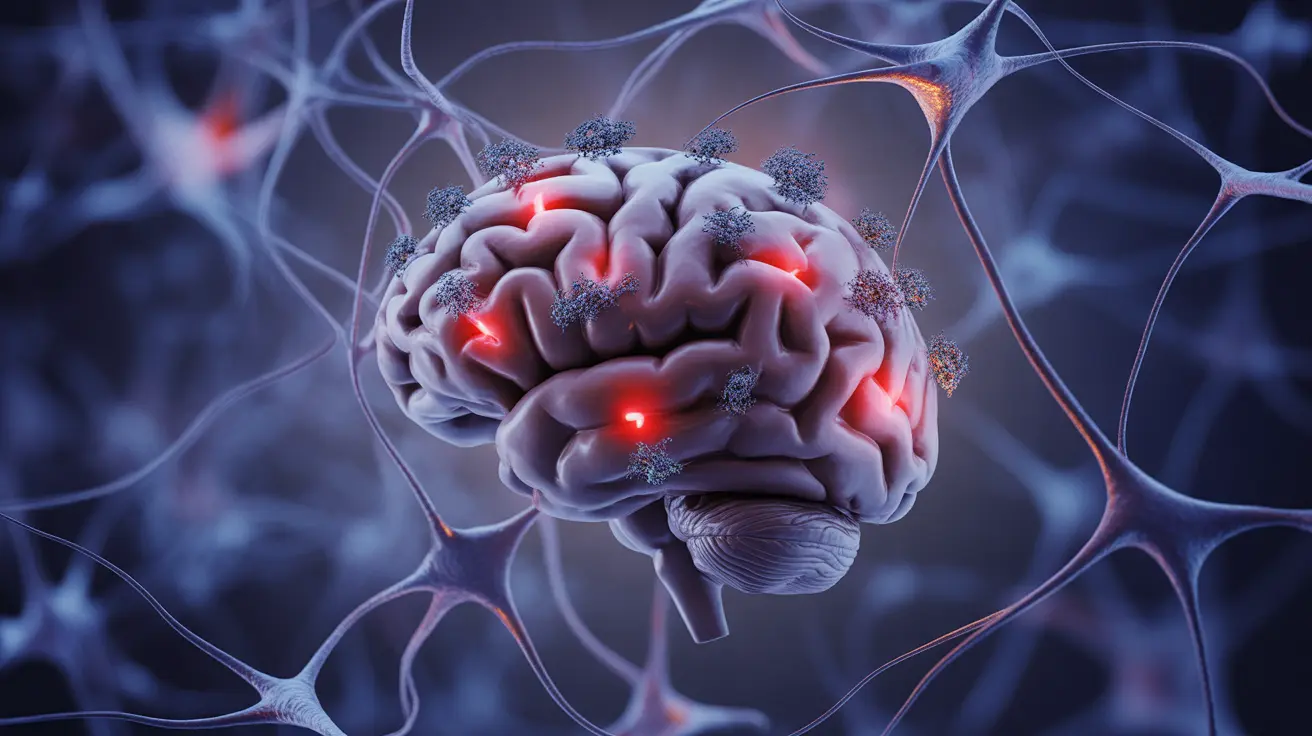As psychedelic research gains momentum in the medical community, questions about LSD's impact on brain health have become increasingly important. This comprehensive guide examines the relationship between LSD (lysergic acid diethylamide) and brain function, addressing common concerns about potential damage while exploring recent scientific findings.
How LSD Interacts with the Brain
LSD primarily works by binding to serotonin receptors in the brain, particularly the 5-HT2A receptor. This interaction leads to altered perception, mood changes, and the characteristic psychedelic experience. Unlike substances that directly damage neurons, LSD's effects are primarily related to temporary changes in neural communication patterns.
Current Research on LSD and Neural Function
Recent scientific studies have challenged historical misconceptions about LSD's effects on brain cells. Research suggests that classical psychedelics like LSD may actually promote neural plasticity – the brain's ability to form and reorganize synaptic connections. This has led to increased interest in potential therapeutic applications.
Potential Therapeutic Benefits
Some studies indicate that LSD, when used in controlled settings, might have beneficial effects on brain plasticity and neural connectivity. These findings have sparked interest in its potential applications for treating conditions like depression and PTSD, though more research is needed to fully understand these mechanisms.
Understanding the Real Risks
Immediate Effects
While LSD doesn't directly kill brain cells, it can cause significant temporary alterations in perception and cognition. These effects typically include:
- Visual and auditory hallucinations
- Altered sense of time and space
- Changes in mood and thought patterns
- Intensified sensory experiences
Long-term Considerations
The primary long-term risks associated with LSD use are psychological rather than physical. These may include:
- Hallucinogen Persisting Perception Disorder (HPPD)
- Potential triggering of underlying mental health conditions
- Psychological integration challenges after significant experiences
Safety Comparisons with Other Substances
From a physiological perspective, LSD appears to have lower direct toxicity compared to many other psychoactive substances. Unlike alcohol or methamphetamine, which can cause direct cellular damage, LSD's primary risks are related to psychological effects and behavior during the experience rather than physical brain damage.
Frequently Asked Questions
Does LSD cause permanent brain damage or kill brain cells in humans? Current research suggests that LSD does not directly cause permanent brain damage or kill brain cells. The risks associated with LSD use are primarily psychological rather than physiological.
Can LSD help your brain grow new cells or improve brain plasticity based on current research? Recent studies indicate that LSD may potentially promote neural plasticity and new synaptic connections. However, more research is needed to fully understand these effects and their therapeutic implications.
What are the real mental health risks linked to LSD use, and how common are they? The primary mental health risks include potential triggering of underlying psychological conditions, HPPD, and integration challenges. While serious adverse effects are relatively rare, they can be significant for susceptible individuals.
Is LSD safer for the brain than drugs like alcohol or methamphetamine? From a physiological perspective, LSD appears to cause less direct cellular damage than substances like alcohol or methamphetamine. However, it carries its own unique psychological risks that should be carefully considered.
Why do some people experience "flashbacks" or vision changes long after using LSD? These experiences, known as HPPD, may occur due to lasting changes in visual processing and perception. While the exact mechanism isn't fully understood, it's believed to involve alterations in the brain's visual processing systems rather than structural damage.
Understanding the relationship between LSD and brain health continues to evolve as new research emerges. While the substance doesn't appear to cause direct cellular damage, its powerful psychological effects warrant careful consideration and further study.




